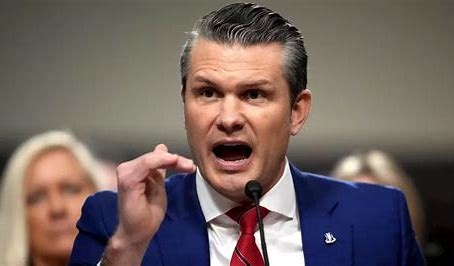Practical Theodicy
Habakkuk 1:2-4 NRSV
O Lord, how long shall I cry for help, and you will not listen?
Or cry to you "Violence!" and you will not save?
3Why do you make me see wrongdoing and look at trouble?
Destruction and violence are before me; strife and contention arise.
So the law becomes slack and justice never prevails.
The wicked surround the righteous —
therefore judgment comes forth perverted.
Or cry to you "Violence!" and you will not save?
3Why do you make me see wrongdoing and look at trouble?
Destruction and violence are before me; strife and contention arise.
So the law becomes slack and justice never prevails.
The wicked surround the righteous —
therefore judgment comes forth perverted.
Yesterday, less than a two hour drive away, another awful tragedy occurred. With recent mass shootings in Buffalo and in Santa Ana Ca, we were already numb due to the overwhelming grief. We were once again shocked by the presence of evil against our most precious part of ourselves: our children. Anyone with children, grandchildren, godchildren, nieces, nephews, students, players or neighbors, felt the need to sympathize with the families of the children, teacher, and law enforcement officer who lost their lives, but also with the hundreds who have been deeply traumatized due to their proximity. Trauma has a way of changing our outlook and even our identity.
This morning, in my daily Scripture reading, I came across one of my favorite texts:
Now, I truly believe this Scripture but as I prayed for families in Uvelde, I began to ask "How can families experiencing so much pain experience your love?" That question led me to expand to a greater question that has plagued Christians for thousands of years: "How can God, who is all powerful and completely loving, allow the presence of such great evil?".
Theodicy is described commonly as "the answer to the question of why God permits evil." There have been deep philosophic discussions, including volumes written to even describe what evil actually is and what good actually is. The reason that it is important is not because all of the mysteries of God need to fit into our theological or metaphysical constructs but because all of creation is affected by evil, and God, as revealed in the Hebrew and Greek Scriptures, promises the power to overcome.
In the Wesleyan-Arminian theological approach (which I am oversimplifying), God gifted humanity free will. People have the free will to choose between doing what is evil and what is good. God's Spirit is active throughout creation, empowering everyone to choose good, including desiring a relationship with God. All of which is a choice. For God to force everyone to love him would not be love. So evil is present. Scripture reveals a cosmic plan where evil and injustice will be judged (see the book of Revelation), but "one-day" thinking does not soothe the simmering anger nor comfort the grieving parents.
How are the wounded families or the wounded themselves to experience this promised love during times of tragedy?
The answer is: You
"We are called to the work of scheming and plotting for good, for God's delivering presence on the earth, for justice, righteousness, and peace in our world. And we do this while refusing to use the evil means that the powerful employ to accomplish their goals. We remain as innocent as doves by employing strategies of peacemaking and nonviolence, by overcoming evil with good, through radical love and prophetic intervention, and through vulnerable noncooperation with anything that clashes with the reign of the Messiah" -- Drew Hart in "Who Will Be A Witness"
In other words, we, the followers of Jesus, are often the answer to our own prayers. We are to demonstrate the love of Jesus in practical ways, showing genuine compassion and care. We come alongside giving a gift of presence. We are to identify with those who are wounded and advocate with them. We aim to reduce the likelihood of recurring tragedies by critically examining the systems that foster violence of all types.
Still mourning but asking God for my assignment in fulfilling my call as a peacemaker. I would ask you to consider making that your prayer as well,





Comments
Post a Comment